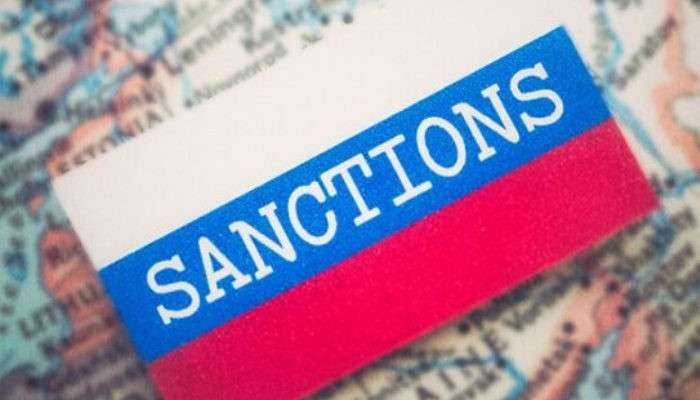
In a significant geopolitical development, the European Union (EU) is taking decisive measures by proposing new sanctions on Russia. The proposed sanctions aim to tighten the economic noose around Russia, with a focus on the energy and diamond sectors.
1. Tanker Sales Restrictions:
The EU is considering imposing a ban on the sale of tankers, irrespective of their origin, for use in Russia or transporting crude oil and petroleum products. This move is a strategic attempt to limit Russia’s capacity for oil exports by targeting the vessels crucial for transportation. Additionally, contractual restrictions will be introduced for tankers sold by EU exporters to third countries, ensuring compliance with the G7 price cap on Russian seaborn crude.
2. Transparent Pricing Mechanism:
To ensure adherence to the G7 price cap, ship operators will be mandated to provide detailed price information for freight and insurance. This transparent pricing mechanism is designed to monitor and control the costs associated with transporting Russian crude, adding an extra layer of accountability to the sanctions.
3. Restriction on Re-sale and Re-export:
Contracts for tanker sales by EU operators will explicitly forbid the re-sale and re-export of ships for Russian crude transport unless they comply with the G7 price cap. This stringent restriction aims to prevent circumvention of the sanctions and maintain a tight grip on the intended economic impact.
4. Diamond Ban:
In a parallel move, the EU is set to ban the direct or indirect import, purchase, or transfer of diamonds from Russia, including stones processed in third countries. This comprehensive ban covers both non-industrial natural and synthetic Russian diamonds, as well as diamond jewelry. The phased approach, starting from January 1, 2024, aims to gradually tighten the restrictions on Russian diamonds processed in third countries, including associated jewelry, by September 1, 2024.
Note: In October, Russia experienced a more than twofold increase in oil and gas tax revenue compared to September, reaching 1.635 trillion roubles ($17.63 billion). Additionally, there was a 27.5% rise from October 2022. A study by the Center for Research on Energy and Clean Air indicates that Russia has amassed €549 billion in revenue from fossil fuel exports since the beginning of the war.
Conclusion:
The EU’s proposed sanctions represent a concerted effort to address Russia’s actions through targeted economic measures. By focusing on the energy sector and the lucrative diamond trade, the EU aims to leverage economic pressure as a geopolitical tool. The success and impact of these sanctions will undoubtedly have ripple effects on the global geopolitical landscape, influencing diplomatic relations and economic dynamics. As the EU takes a firm stance, the world watches to see how these measures will shape the future of international relations.
Bringing you the latest updates on finance, economies, stocks, bonds, and more. Stay informed with timely insights.
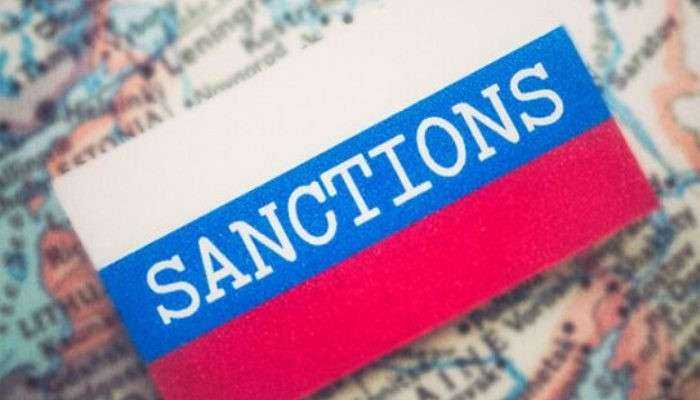
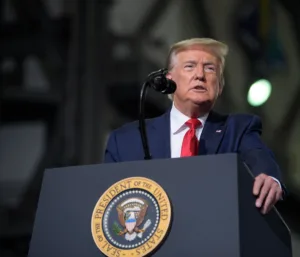
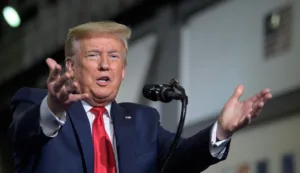

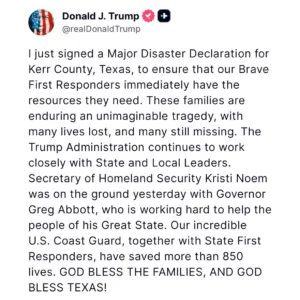
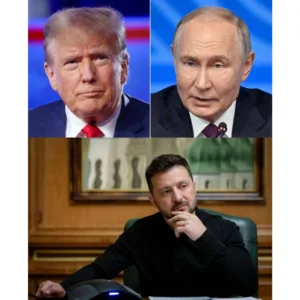

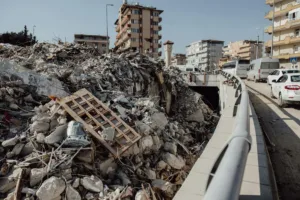



Be First to Comment